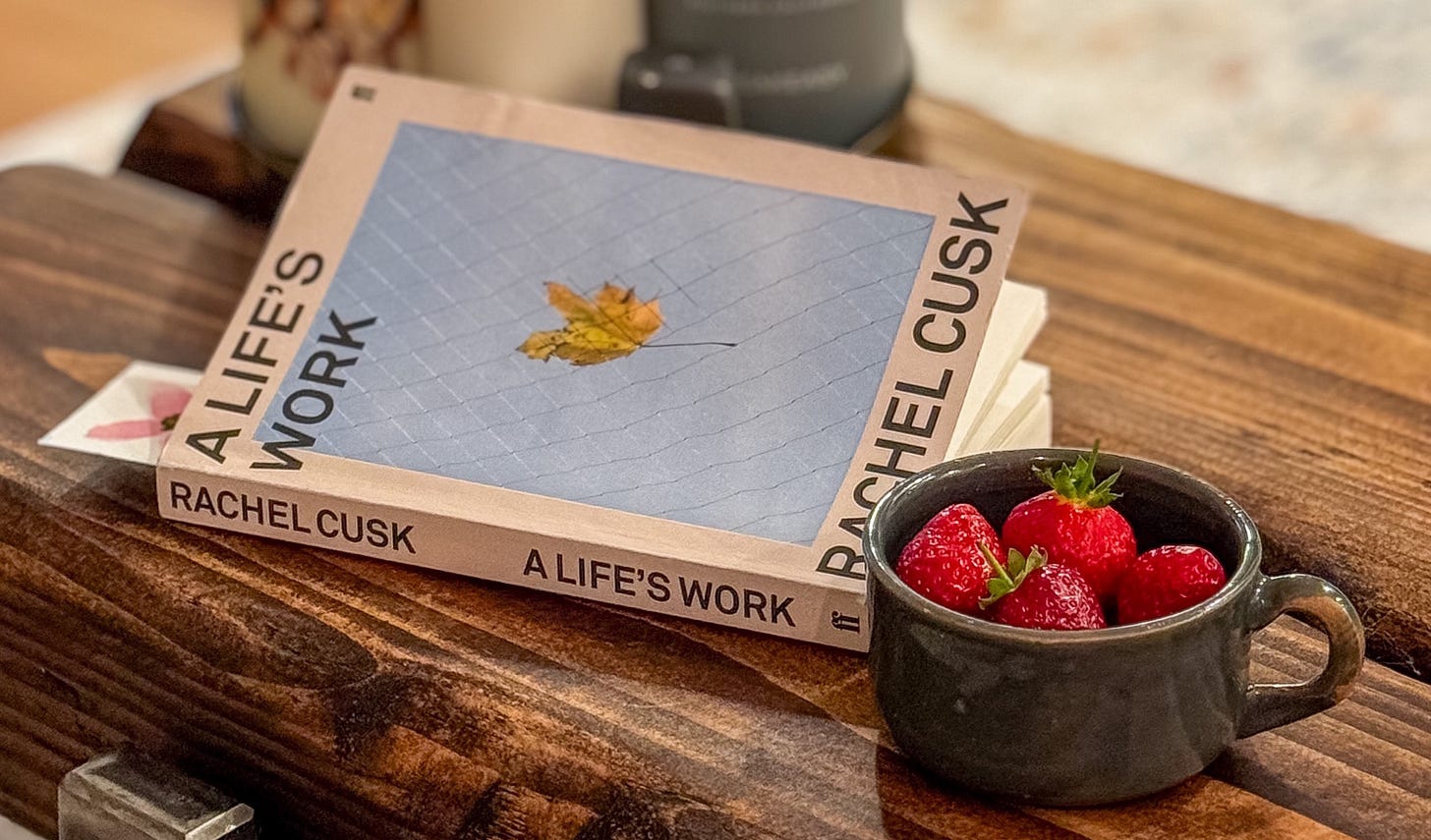For the hundredth time, my mum shakes her head, stares into the camera on her phone, and says — as Mamani (my grandmother) always says — “Better a wolf in the wilderness than a mother.” It’s her way of telling me how hard it is for her to be a continent away from me.
I have always felt her frustration, agony, and despair at having me and my sister, and at us not being the daughters she once imagined. Yet in words, she always told me how wonderful it is to be a mother — how I’m missing out on this “amazing feeling” — and warned me that I would regret not having children one day.’
The stereotype of the mother as a holy figure makes women without children seem less than whole, something mortal instead of eternal — in extreme cases, nothing at all. This sanctity prevents mothers from being honest about the hardships of motherhood. They join in the shared story of mystery and romance, smiling and declaring gratitude, while hiding the darker truths. I’m sure the love a mother feels for her baby is indescribable, but is there anything in this world that is ever completely black or white?
A Life’s Work by Rachel Cusk is different. It is her tribute to her own experience of motherhood — an honest, unflinching memoir that refuses to hide behind sentimentality. She touches a nerve, provoking the anger of those who want to keep their own hidden feelings buried. The honesty on the page reflects back the things we fear, and that honesty makes her a target. Not only for writing about motherhood, but also for being a woman who refuses to accept the roles imposed on her.
Reading her, I felt my own unspoken fears rise to the surface: the responsibilities we silently accept just because of our gender, the way we censor ourselves even in our own thoughts. I could feel both her love for her daughter and her fear of losing herself as an individual. When I read about the brutal reviews she received after publishing this book, I could only admire her courage. I, myself, often silence my own thoughts because I feel I am not brave enough to face the consequences of acknowledging them. What kind of courage must it take, then, to live so openly as herself?
I can imagine how hard it must be for women who sanctify motherhood to read her words, as they deny feelings they have tried so hard to hide. But to me, this is the most truthful, fearless book I have ever read about being a mother.
Of course, experiences differ. For some women, even the difficulties of motherhood are joyful and rewarding. I can’t imagine the sacrifices mothers make for their children. But the truth is that motherhood is not for everyone — and even if a mother sometimes feels anger or even hatred toward her children, it does not make her a bad person. It only makes her human. What matters is accepting the responsibility of raising another human being in this violent world.
Motherhood is not for everyone, and if a woman chooses not to have a child, she is no less than one who does.
I have read Rachel Cusk’s trilogy — Outline, Transit, and Kudos — as well as Second Place and A Life’s Work. I can’t decide which one is my favourite, as each of them is different and in its own way amazing. I admire her deeply — as a writer, and as a woman. My next read will be Parade, and I can’t wait to read the rest of her works.
Her writing gives me courage: the courage to face the feelings I often silence, and to believe that even what is difficult, contradictory, or unspeakable has value. If anything, that is the real gift of her work — not answers, but the permission to be honest.
In the end, A Life’s Work is not just a memoir of motherhood, but a meditation on identity, sacrifice, and truth. It unsettles, provokes, and consoles all at once — and I know it will stay with me long after I turn the last page.
Thanks for reading☺️ If you liked this review, press ❤️ and share it with your friends!




I do have children and love them deeply. It was tremendous fun and fear and happiness and grief. The full cupboard. I look at them and see the best of myself … and sometimes the worst…
But when they grew independent, I fell into what a friend beautifully described as an affair with myself. And that’s what made me whole.
And I will henceforth think of myself as a joyfully whole wolf.